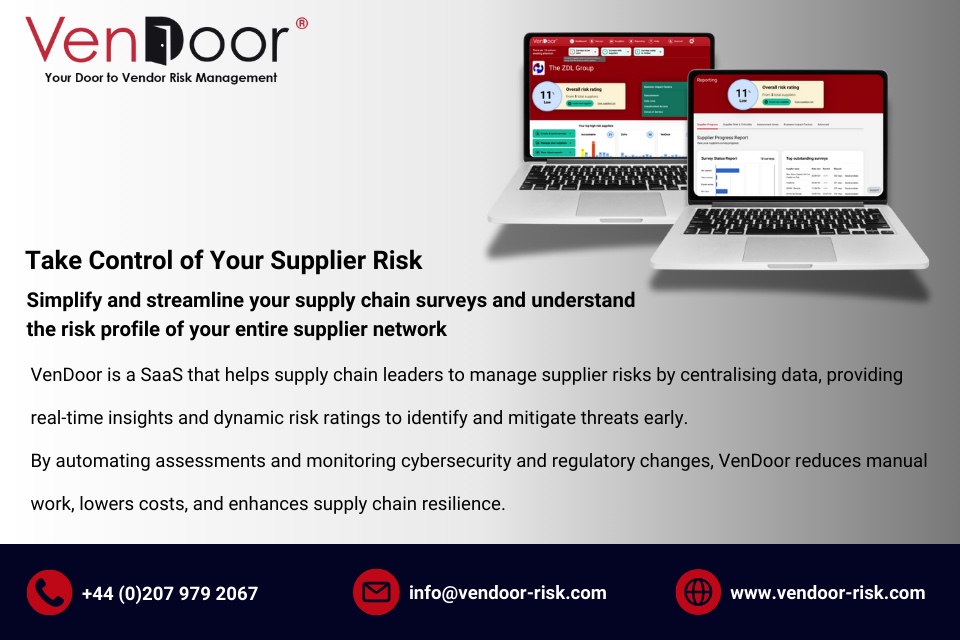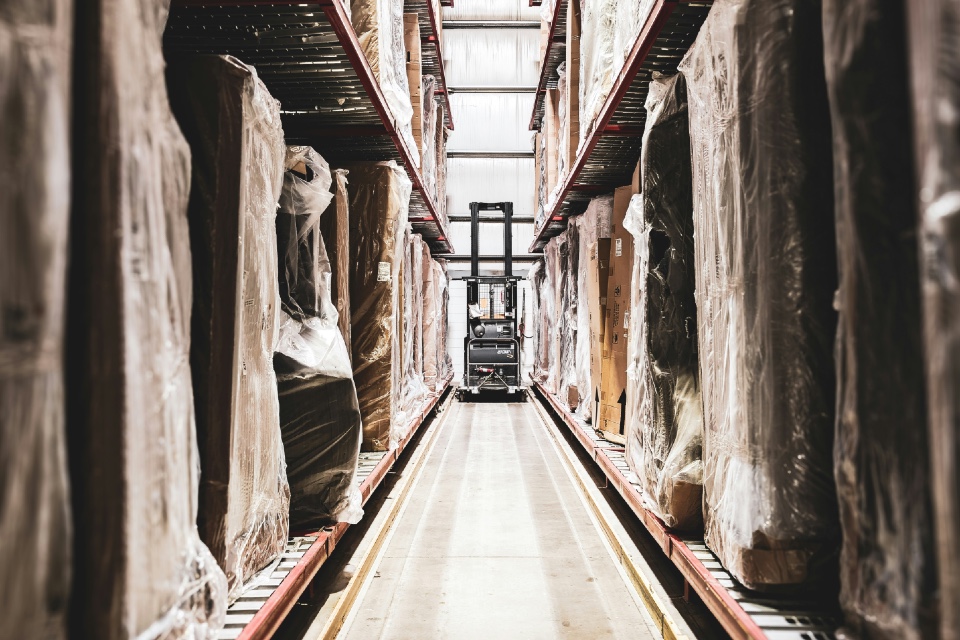The challenge of managing returns is not new. Traditionally this service and option has been free for many online shoppers to take advantage of. However, many retailers are planning to charge for returns as they strive to curtail the impact of this problem on their revenue. 25% of the UK’s leading brands are now charging shoppers for returns, for purchases made online – a statistic that has increased 14% year-on-year too.
Moreover, UK returns hit record levels in 2022, and despite online retail purchases falling by 11.5%, returns were 26% higher than 2021. Clearly, this sets a precedent for retailers to evaluate their returns policies and identify innovative approaches that can enable them to mitigate the returns challenge.
Andrew Tavener, Head of Fleet Marketing in Europe, Descartes Systems Group explains how effective route planning and optimisation can improve returns management for retailers.
Smarter delivery and collections management is an option
Supply chain performance and returns management can be transformed with the use of scalable and advanced route planning and home delivery optimisation software. By using this technology, retailers can maximise the use and efficiency of their existing resources, and speed up returns collection and transportation.
Route planning solutions work too. Typically, they optimise demand and collections capacity, along with the capability to improve service and productivity – whilst reducing costs and streamlining the end-to-end handling of any returns. Electronic Proof of Delivery, for example, provides the retailer and consumer a real-time view of assets. Meaning that returns can be tracked and consumers feel more confident and satisfied with a retailer too.
Further, when combined with a warehouse management system (WMS), retailers are able to unlock more flexibility and agility. An effective WMS provides retailers the ability to inform the shopper the moment a returned item has been received, building confidence and rapport, as well as logging it into the inventory again quickly, to allow it to be approved for sale faster. Improving these processes can speed up returns handling by 49%, giving a satisfactory experience for the customer and an updated inventory for the retailer with minimal delay.
Today sustainability is a concern for shoppers too
Improving sustainability is another driver for enhancing the returns process. Aside from governmental and regulatory pressures to advance sustainability, home delivery and sustainability are coming together in consumers’ minds too – with many shoppers increasingly considering sustainable delivery and returns options. For instance, Descartes recently conducted a comprehensive study to help retailers understand not only how this convergence is changing consumers’ buyer behaviour and home delivery preferences; but also how retailers can take advantage of these evolving preferences to help themselves and the environment.
Naturally, there is a related link and tie-in to returns for retailers here too. The research unveiled that many consumers care about the environment, and what retailers do about it does impact buying decisions. To illustrate this point, consider these key research statistics:
- 45% said that helping the environment is quite/very important in their daily lives
- 39% said that they always/regularly make purchasing decisions based upon the environmental impact of a company or a product
- 40% would buy more from grocers who demonstrated that their supply chains were more sustainable than the competition
- 50% were quite/very interested in environmentally friendly home delivery options.
Therefore, it is increasingly important for retailers to consider the environment when offering both deliveries and collections. Unquestionably, returns can have a negative effect on the environment and do create needless damaging emissions. Yet, the smallest adjustments to operations can have an enormously positive impact on how eco-friendly operations are.
Additionally, while many retailers and delivery companies have invested in Electric Vehicles (EVs) to reduce carbon emissions, it is necessary to ensure that intelligent route management is used to manage and transport deliveries and collections, so that the right vehicles can be deployed to match capacity with demand in real-time regardless of the mix of vehicles in the fleet. Continuous optimisation of routes can improve the efficiency of the entire fleet and lead to a 5-25% reduction in fuel consumption for petrol and diesel vehicles and extend the delivery capacity for EVs.
Conclusion
The IMRG has recently reported that ecommerce sales have now returned to pre-pandemic levels. Managing returns remains a perennial problem for the industry. Sure, one answer to this issue is to charge for returns; however another part of the solution is to improve related processes along the customer experience. This includes the use intelligent route planning and optimisation tools, that enable retailers to offer a strong, sustainability-led customer experience throughout the year: both for deliveries and returns.







